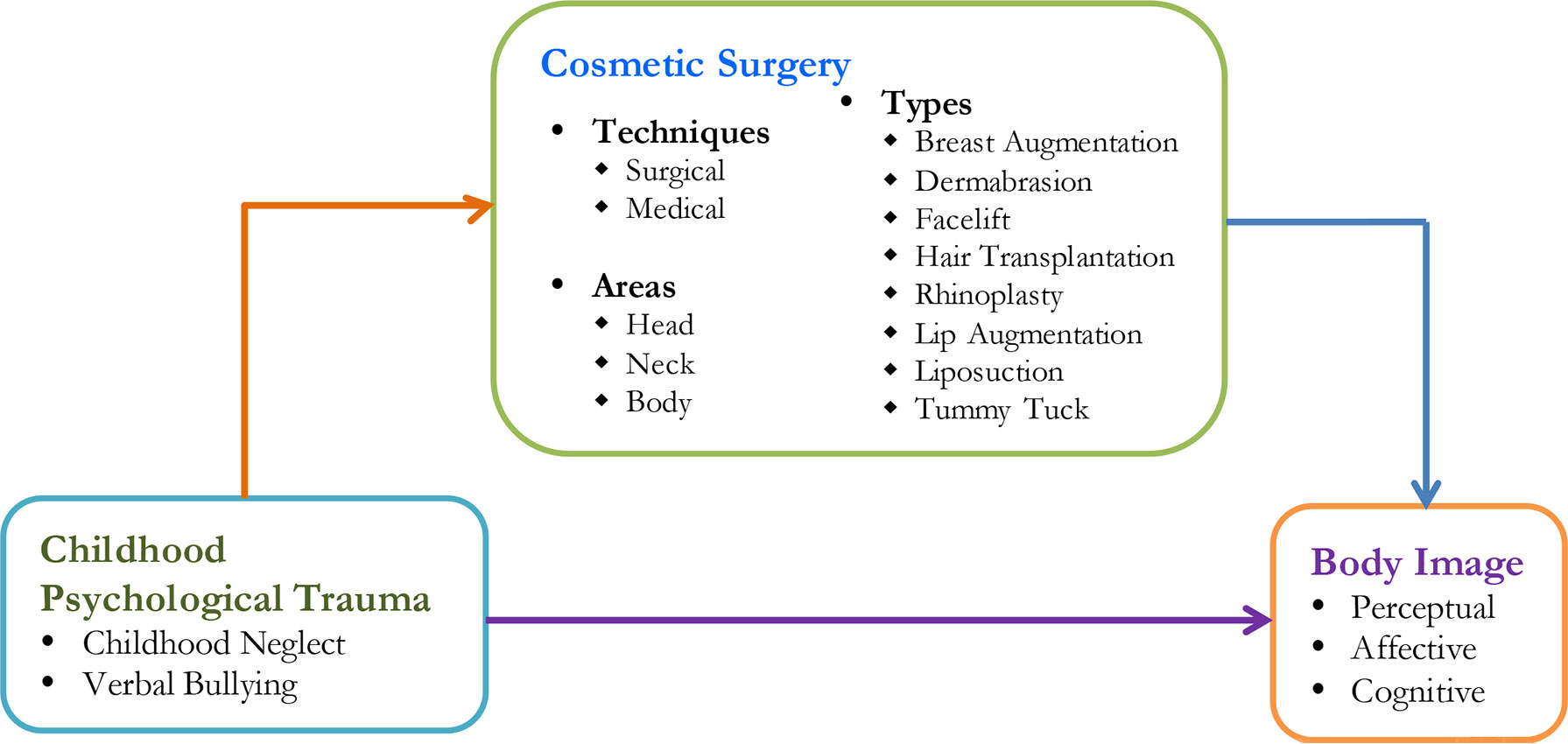How Psychological Assessments Enhance Aesthetic Surgery Results
The assimilation of emotional evaluations into the cosmetic surgery procedure is significantly acknowledged as a critical element in achieving optimum results. By extensively reviewing individuals' mental and psychological states, surgeons can get beneficial understandings into their inspirations, expectations, and potential emotional barriers. This detailed understanding not only educates surgical decisions however also cultivates a clear dialogue in between individual and service provider. As we discover the nuances of this approach, the ramifications for both client fulfillment and long-term emotional well-being come to be evident, elevating crucial questions concerning its duty fit the future of plastic surgery.
Comprehending Emotional Evaluations
Mental evaluations in the context of cosmetic surgical treatment function as essential devices to examine an individual's psychological and psychological readiness for medical treatment. These evaluations are developed to determine underlying psychological conditions, such as body dysmorphic condition, depression, or anxiety, which may influence a person's assumptions and fulfillment with surgical outcomes.
The procedure normally involves organized meetings, standard sets of questions, and professional analyses carried out by qualified psychological health specialists. By systematically exploring a patient's inspirations for seeking plastic surgery, these assessments help to determine whether the desire for surgical procedure comes from realistic self-improvement objectives or from deeper emotional issues.
In addition, mental assessments can promote notified decision-making by ensuring that individuals fully understand the possible dangers and advantages connected with aesthetic procedures. This understanding is essential for lining up individual assumptions with realistic end results, ultimately adding to an extra sufficient surgical experience.
In enhancement, these assessments can determine patients who might gain from preoperative mental support or therapy, thus improving their total well-being. Therefore, recognizing psychological analyses is important for maximizing both the surgical and emotional end results of cosmetic surgery.

Benefits for Patients
The execution of emotional analyses in cosmetic surgery offers numerous benefits for clients, dramatically enhancing their overall experience. These analyses give an organized chance for clients to discover their inspirations for looking for surgical treatment. Comprehending their underlying desires can cultivate even more educated decision-making, lowering the chance of remorse post-surgery.

In addition, psychological evaluations can facilitate far better interaction between individuals and their doctors. By articulating worries and desires extra clearly, clients can establish practical objectives, leading to a much more adequate medical experience. Moreover, these analyses can enhance patient-surgeon rapport, promoting depend on and cooperation throughout the medical journey.
Impact on Surgical Outcomes
Exactly how do mental evaluations influence surgical outcomes in aesthetic treatments? Mental examinations work as essential devices in recognizing people' psychological health and wellness status, expectations, and motivations prior to surgery. invasive surgery psychological screening. By evaluating elements such as body image understanding and emotional well-being, these evaluations can predict exactly how individuals will certainly react to aesthetic treatments
Research study indicates that patients with practical assumptions are much more likely to report satisfaction post-surgery. On the other hand, those with underlying psychological concerns, such as body dysmorphic condition, may experience dissatisfaction no matter the procedural end result. By recognizing these problems early, professionals can handle patient assumptions efficiently and lower the probability of complications or regret after surgery.
Furthermore, psychological analyses can enhance the surgeon-patient partnership, fostering open official source interaction and count on. This top article rapport is essential for making sure that patients really feel comfy discussing their objectives and issues, inevitably resulting in extra beneficial medical outcomes.
Tailoring Surgical Approaches

As an example, a client showing indicators of anxiousness might benefit from a more gradual approach, maybe beginning with less intrusive procedures before proceeding to much more comprehensive surgical procedures. Alternatively, people with a solid feeling of self and practical assumptions may be suitable prospects for more substantial treatments.
In addition, psychological examinations can help determine people that might require extra assistance or therapy, especially if their motivations originate from underlying mental issues. Customizing surgical strategies not only enhances the technological execution of the treatment however also promotes a collective atmosphere in between the cosmetic surgeon and person, causing more satisfactory results. Ultimately, this personalized method advertises a deeper understanding of the individual's unique conditions, resulting in an extra harmonious equilibrium in between aesthetic objectives and psychological wellness, thereby enhancing the total plastic surgery experience.
Supporting Long-Term Fulfillment
To promote lasting complete satisfaction in plastic surgery, it is essential to develop realistic expectations and foster open communication in between the specialist and individual throughout the process. Emotional analyses function as a useful device hereof, enabling specialists to gauge an individual's inspirations, needs, and potential psychological outcomes. By understanding a client's psychological and psychological state, doctors can provide tailored recommendations that line up with the individual's real ambitions.
Furthermore, participating in extensive conversations regarding the prospective dangers, advantages, and restrictions of the treatment assists alleviate impractical assumptions. mental health check for cosmetic surgery. People that are knowledgeable are most likely to appreciate the results, adding to greater contentment prices. Constant follow-up after the surgical treatment is likewise vital in read reinforcing the surgeon-patient relationship and dealing with any concerns that might develop during recovery
In addition, emotional examinations can identify people that may go to risk for post-operative dissatisfaction, enabling preemptive treatments. Eventually, the integration of psychological analyses into the plastic surgery procedure not only enhances medical outcomes however also advertises long-term satisfaction, making sure that clients really feel material with their choices and results as time progresses.
Conclusion
By assessing clients' mental and emotional preparedness, these evaluations assist in the identification of underlying mental conditions and motivations, leading to extra customized surgical techniques. The assimilation of emotional examinations right into the surgical procedure stands for an essential innovation in person treatment and results.
The application of mental analyses in cosmetic surgical procedure supplies many benefits for patients, significantly boosting their total experience.Furthermore, mental examinations can help recognize individuals who may call for extra assistance or therapy, particularly if their motivations stem from underlying emotional problems. Emotional evaluations serve as a beneficial tool in this respect, allowing surgeons to determine an individual's motivations, wishes, and potential mental outcomes. By understanding an individual's emotional and psychological state, surgeons can provide tailored suggestions that align with the individual's real goals.
By evaluating patients' mental and emotional readiness, these assessments promote the identification of underlying mental problems and motivations, leading to a lot more tailored surgical techniques.
Comments on “Why It's Crucial of Cosmetic Surgery Psychological Checks Before Going Under the Knife”